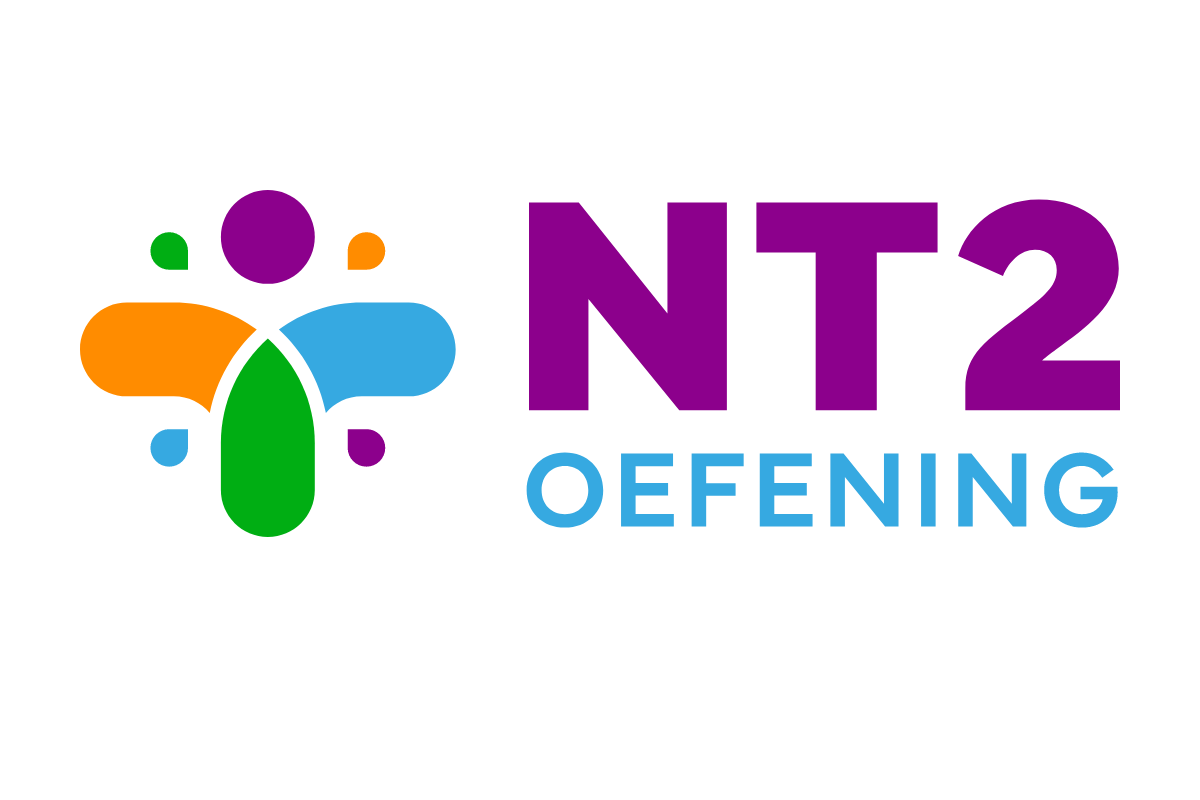As a second language, Dutch can involve unique challenges for learners. Maybe you’re just starting to learn the language or you’re already at an intermediate level. However, it’s important to understand the common challenges for Dutch learners and how to overcome them. So, we have compiled some strategies that can help you improve your Dutch language skills. Follow these strategies! So, you will become more confident in Dutch speaking, reading, and writing skills.
1. Pronunciation
Dutch pronunciation can be difficult, especially when it comes to the guttural “g” and the rolling “r.” In order to improve your pronunciation, listen to native speakers and practice speaking Dutch as much as possible. In addition, use online resources and language learning apps. So, you can practice your pronunciation and receive feedback on your speech.
2. Grammar
Dutch grammar can be complex, with multiple verb tenses, gendered nouns, and irregular verbs. In order to master Dutch grammar, study grammar rules systematically and practice using them in context. Besides, use grammar exercises available on websites, apps, and language learning platforms. Thus, you can improve your knowledge and practice your skills.
3. Vocabulary
Dutch vocabulary can be challenging for learners, especially because many Dutch words have multiple meanings and connotations. Using flashcards, word lists, and vocabulary exercises to memorize new words and phrases would be useful. Besides, you can practice using new vocabulary in context by reading Dutch texts, watching Dutch movies and TV shows, and conversing with native speakers.
4. Cultural Differences
Learning a new language also means learning about a new culture. Dutch culture has its own customs, traditions, and ways of thinking that may be different from what you’re used to. To better understand Dutch culture, read books about Dutch history and society, and watch Dutch films. In addition, interacting with Dutch speakers online or in person would be useful.
5. Motivation
Learning a new language can be a long and challenging process. So, it’s easy to lose motivation along the way. To stay motivated, set achievable goals for yourself and track your progress. Use language learning apps and tools to make learning fun and engaging. Also, find a language exchange partner or tutor to practice your skills with.
Conclusion
As Nt2 Oefening, we understand the challenges that learners of Dutch as a second language face. That’s why we offer a variety of practice exams in real exam format. Our exams help learners overcome common challenges for Dutch and become more proficient in Dutch.
Nt2 Oefening is here to support you on your Dutch language learning journey. Sign up today and start practicing your Dutch language skills! With dedication and the right resources, you can improve your Dutch language skills and achieve your language learning goals.
Give Nt2 Oefening a try and take the first step towards success on the Nt2 and Inburgering exams (Try it now!).
Follow us on social media!

